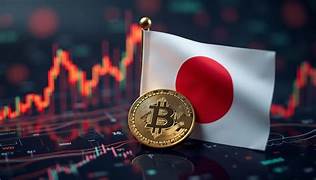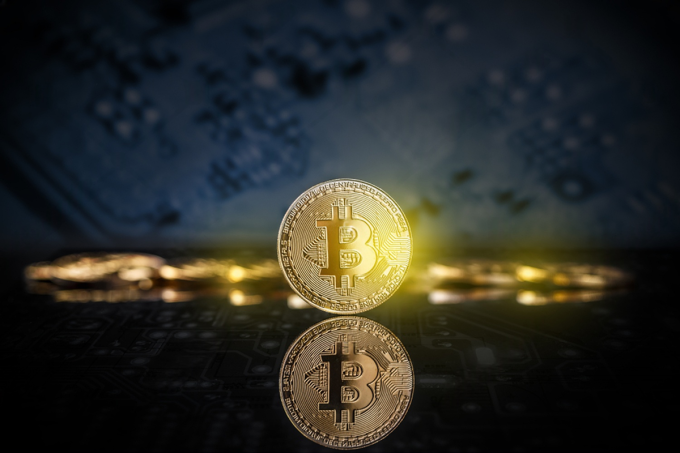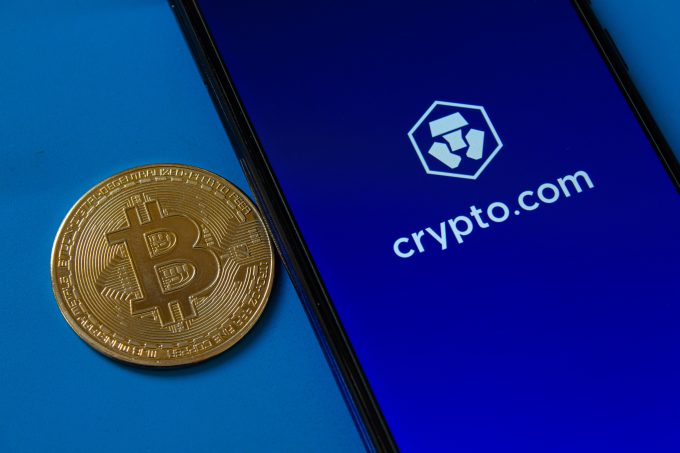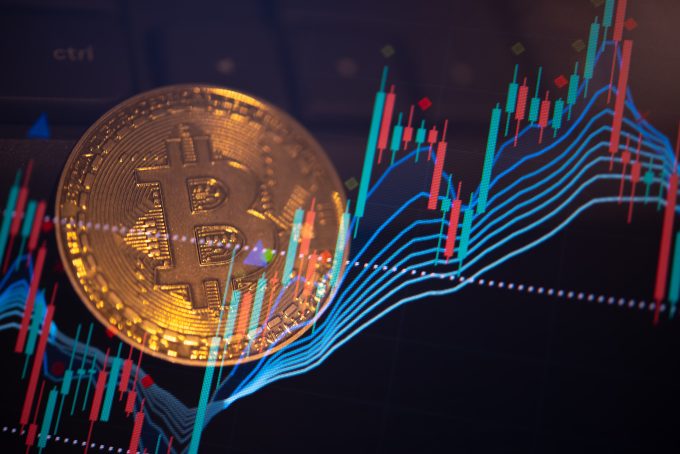Japan’s financial authorities are reportedly exploring a framework that could allow domestic banks to trade and hold digital assets such as Bitcoin and Ethereum, marking a potential turning point for one of the world’s most tightly regulated crypto markets. The move comes as global institutions push deeper into digital finance, forcing traditional banks to decide whether to compete—or cooperate—with the crypto sector.
A Shift in Japan’s Cautious Approach
According to sources cited in local media, the Financial Services Agency (FSA) is reviewing restrictions that currently bar licensed banks from direct exposure to cryptocurrencies. The change, if implemented, would permit banks to participate in digital asset trading, custody, and tokenized instruments, likely under strict capital and risk-management guidelines.
Japan was among the first major economies to legalize cryptocurrency trading back in 2017. However, following several high-profile exchange hacks—including the Coincheck breach in 2018—the government tightened oversight, requiring stringent licensing and segregation of client assets.
Allowing banks into the space would mark a major regulatory evolution, signaling confidence in the maturing crypto ecosystem.
Market Implications: Institutional Momentum
If approved, the reform could inject significant liquidity and credibility into Japan’s crypto market.
Institutional adoption has been a consistent driver of price stability and investor confidence across major economies. In the U.S., for example, spot Bitcoin ETFs have helped boost the token’s market cap above $1.25 trillion, with Bitcoin (BTC) currently trading near $65,800, up about 18% year-to-date.
Japan’s entry could also set off competitive pressure in Asia. Neighboring jurisdictions like Singapore and Hong Kong have already introduced frameworks for institutional-grade crypto trading, seeking to attract global capital as digital assets transition toward mainstream finance.
Analysts suggest that Japanese banks—backed by deep liquidity and conservative governance—could accelerate market professionalization, improve custody standards, and reduce counterparty risks that have long plagued retail-focused exchanges.
Investor Psychology: Between Curiosity and Caution
Investor sentiment in Japan remains mixed. While retail participation is high—crypto ownership among adults is estimated at over 8%—banks’ involvement may shift perception from speculation to legitimacy. Yet the timing also coincides with renewed global uncertainty: rising interest rates, tightening liquidity, and a fragile risk appetite across asset classes.
For banks, entering crypto markets means balancing opportunity with reputational risk. Any regulatory misstep or volatility shock could trigger political backlash, especially given Japan’s history of cautious financial governance.
Looking Ahead
If Japan proceeds, the integration of traditional banking with blockchain technology could redefine its role in the regional digital economy.
Insight: The real test will not be technological—it will be institutional. Whether Japanese banks can merge the rigor of finance with the speed of crypto innovation may determine how quickly digital assets evolve from speculative instruments into credible financial infrastructure.
Comparison, examination, and analysis between investment houses
Leave your details, and an expert from our team will get back to you as soon as possible













https://shorturl.fm/wsBDH
https://shorturl.fm/dgEge